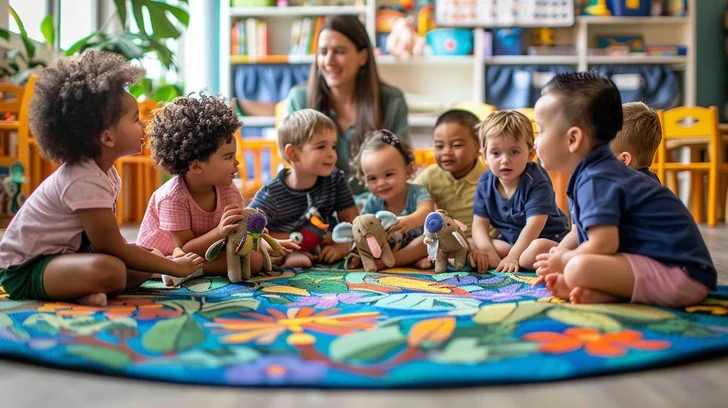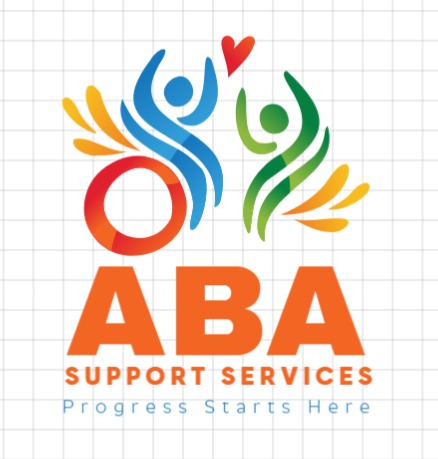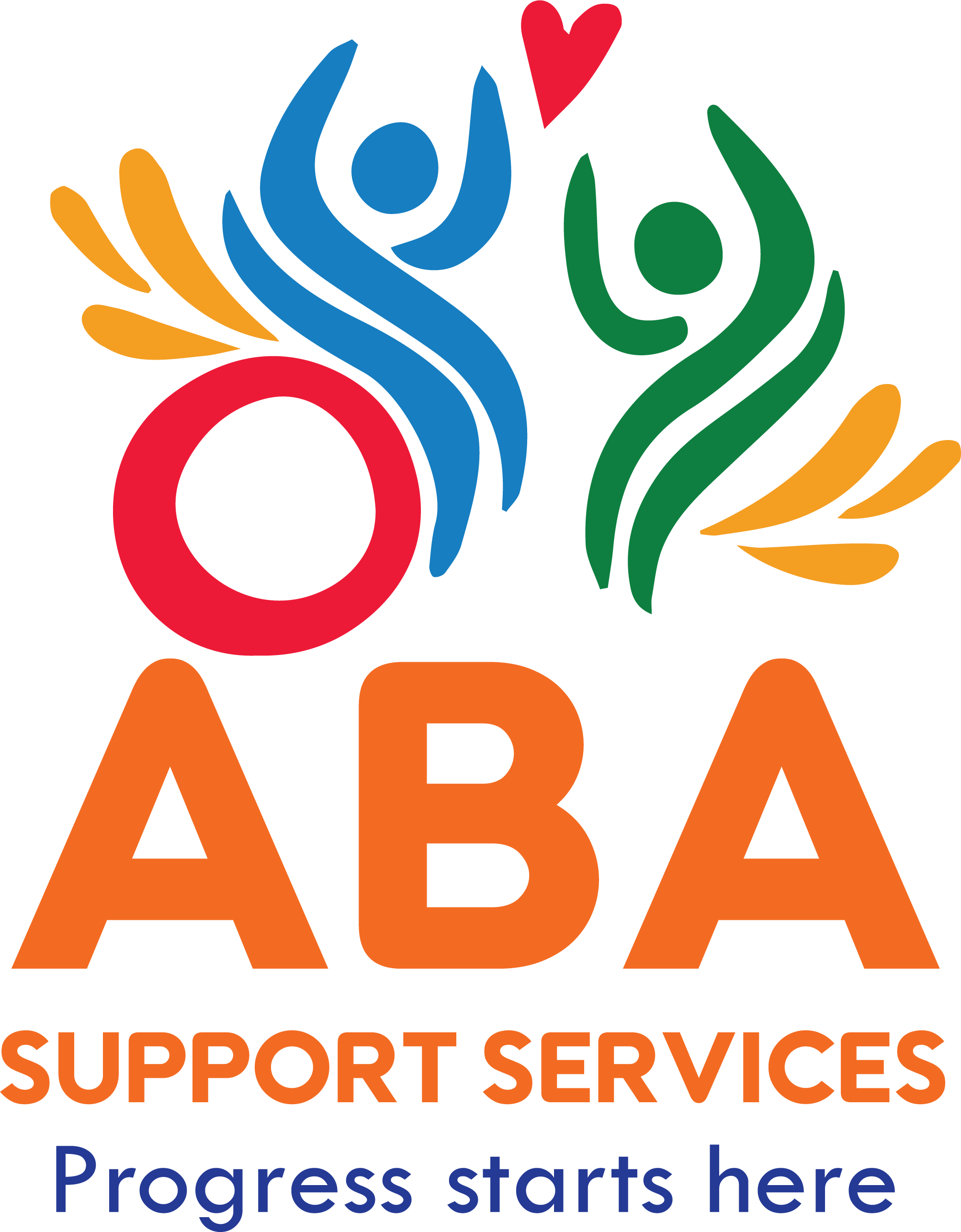
The transition from home to school is a crucial milestone in a child’s life. To ensure a smooth and successful shift, many educational institutions and organizations offer School Readiness Programs. These programs aim to equip young children with the fundamental skills, knowledge, and attitudes necessary to thrive in a school environment.
What is a School Readiness Program?
A School Readiness Program is a structured initiative designed to prepare preschool-aged children for their entry into formal schooling. The program focuses on developing cognitive, social, emotional, and motor skills essential for academic success. It typically includes activities that enhance language proficiency, numerical awareness, social interaction, and problem-solving abilities.
Key Components of a School Readiness Program
- Cognitive Development:
- Introduction to letters, numbers, shapes, and colors
- Encouragement of critical thinking through puzzles and problem-solving activities
- Storytelling and interactive discussions to enhance comprehension and vocabulary
- Social and Emotional Development:
- Encouraging cooperative play and teamwork
- Teaching self-regulation and emotional expression
- Building confidence and independence through structured activities
- Physical Development:
- Fine motor skills enhancement through drawing, cutting, and writing exercises
- Gross motor activities such as running, jumping, and balancing games
- Emphasizing healthy habits and hygiene practices
- Communication and Language Skills:
- Encouraging expressive and receptive language development
- Phonics and early reading exercises
- Storytelling and role-playing activities
- Self-Help and Adaptive Skills:
- Teaching daily routines, such as dressing up and packing school bags
- Developing time management and organizational skills
- Instilling basic self-care habits
Importance of School Readiness Programs
A well-structured school readiness program offers numerous benefits, such as:
- Smooth Transition to School: Children adapt better to classroom environments, reducing stress and anxiety.
- Improved Academic Performance: Early exposure to foundational learning concepts boosts academic success.
- Better Social Skills: Children develop interpersonal skills, making it easier to interact with peers and teachers.
- Enhanced Confidence and Independence: Kids become more self-sufficient and eager to explore new learning experiences.
- Parental Involvement: Parents gain insights into their child’s developmental progress and learn ways to support learning at home.
Implementing a School Readiness Program
Educational institutions, daycare centers, and community organizations can implement school readiness programs in the following ways:
- Curriculum-Based Approach: Aligning activities with early childhood education frameworks.
- Play-Based Learning: Incorporating games and interactive exercises to make learning enjoyable.
- Parental Engagement: Hosting workshops and interactive sessions for parents to understand their role in early learning.
- Assessment and Feedback: Conducting evaluations to track a child’s development and readiness for school.
Conclusion
The School Readiness Program serves as a vital foundation for a child’s educational journey. By fostering cognitive, social, emotional, and physical development, it ensures that children enter school with the confidence and skills needed to excel. Parents and educators play a crucial role in shaping this journey, making the transition to formal education a positive and enriching experience.

